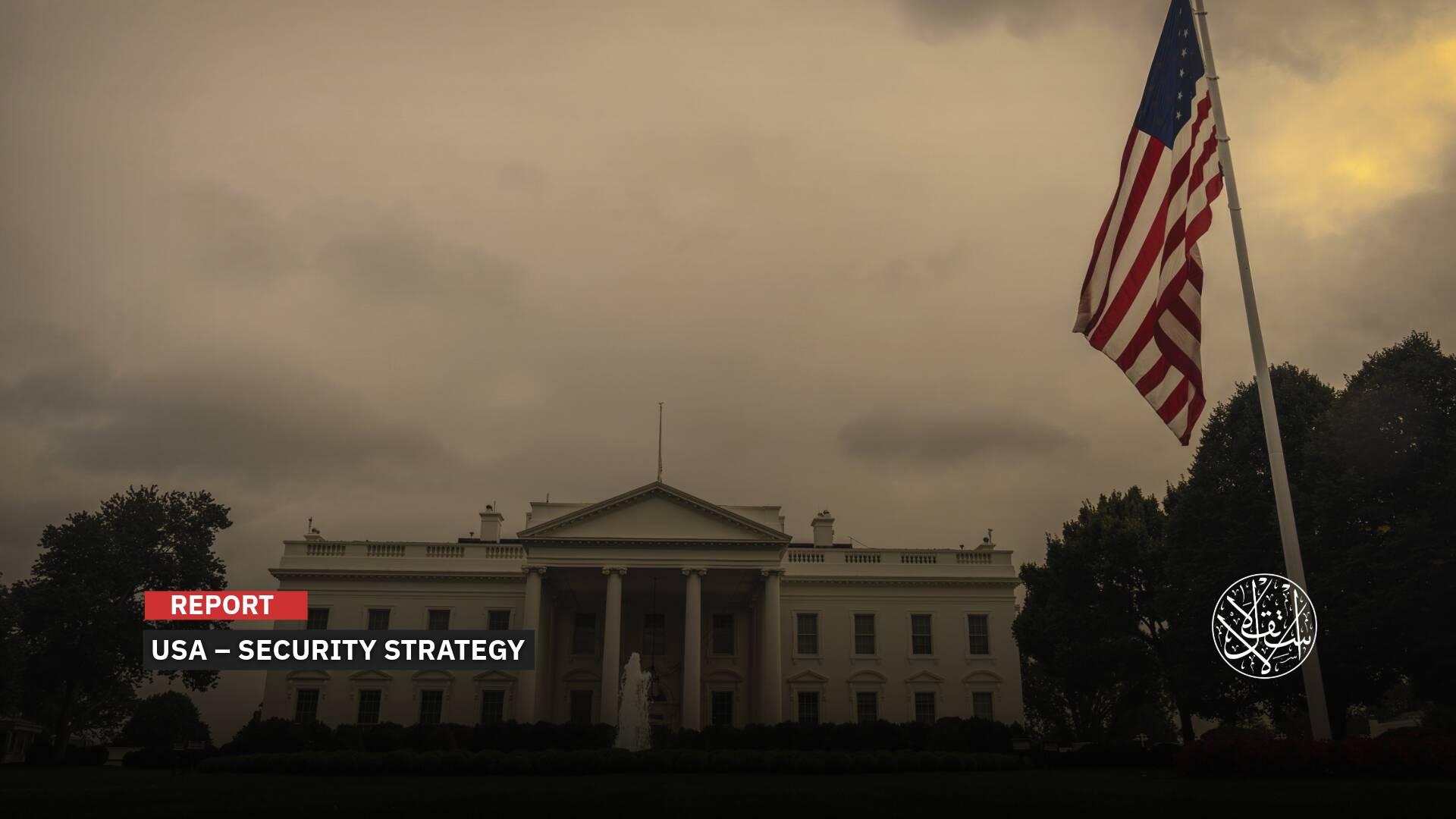Food Intellectual Property: Laws Saturate the Food Barons and Starve Millions of the Poor

On September 21, 2022, reports revealed that an American company filed several cases before the Egyptian courts, suing Egyptian farmers for stealing the intellectual property of a type of grape called Sugrathirteen, which it grows in "Israel" and Cyprus.
The company, Sun World, developed this type of black seedless grape, registered it in its name, and obtained intellectual property rights, according to the American Fresh Fruit Portal website for agricultural products.
When Egyptian farmers in the cities of Tanta, Alexandria, and Cairo deceived and obtained seedlings of these grapes and planted them without referring to the original company to pay property rights in order to save expenses, the company sued them.
The Egyptian judiciary ruled in its favor, and the Egyptian police uprooted the trees these farmers had planted.
Before that, fines were issued against Egyptian farmers in July 2022 because of another type of grape called (Early Sweet), the intellectual property of which is owned by another American company.
Although food intellectual property is not something new, it has been around for nearly three decades, following the production of genetically modified foods, but there are great international concerns that this intellectual property could cause a food crisis and a tsunami of hunger.
These concerns coincided with the disclosure on September 7 by ETC Group7, an environmental justice organization based in Canada, that 4-6 large companies control most global food chains, putting global food security at risk due to this monopolistic situation.
The spread of intellectual property of food items, and the dominance of limited food chains of so-called food barons over the world's food, promise their dominance over all the world's food, according to observers, especially with the increasing spread of processed foods in laboratories.
Large companies have been able to control agricultural production by producing technologically produced foods in the lab, such as synthetic meats or plant-based meat substitutes, and the domination of these limited companies through the intellectual property over food could be a disaster for the world.
According to the United Nations, 1.3 billion people in the world still live in multidimensional poverty, almost half of which are children and youth.

Intellectual Property
The Intellectual Property Law criminalizes the cultivation of protected varieties without the consent of the owner of the variety and stipulates that if the incident is repeated, the penalty will be imprisonment for a period ranging from three months to a year in addition to a fine.
It's not limited to Egypt. There are countless examples of big companies going after other farmers in the world, allegedly violating intellectual property rights, as spotted by The Guardian on February 12, 2013.
Most notably, the giant agricultural company Monsanto in America sued hundreds of small American farmers because they used techniques registered by the company in its name, and according to which it earned them $23 million in the courts.
Also, in 2019, the American company PepsiCo filed a famous lawsuit against a number of Indian farmers for growing a patented potato, which the company grows specifically for the Lays Potato Chips Company, according to Reuters on April 26, 2019.
Other companies, such as Bayer, DowDuPont, and Syngenta, have also succeeded in obtaining patents for large areas of high-yield crop varieties and control a large proportion of the world's genetically modified seeds.
A report by the Indian Resource-Intelligent website on its forecast for the situation between 2022 and 2027 confirms that "seed companies such as Bayer, Monsanto, DuPont, and Syngenta will own about 50% of the world's modified seed market."
The food advisory website predicted that the size of this sector is expected to reach $90 billion by 2024.
It takes eight to twelve years for patents in the field of seeds to be developed and marketed; because of these large investments, the American company Bayer justified the reason for its pursuit of intellectual property rights.
Currently, there are more than 13,000 patented plant species in the world, up from just 120 in 1990, according to the European Anti-Patent Initiative for Seeds.
There are no statistics on the proportion of plants to which intellectual property applies, compared to the general food plant, but the associations against patents for seeds and plants warn that it is increasing annually, which may lead to starvation of the world in the future by monopolizing these seeds.

Food Barons
Just as limited companies control the seed sector in the name of intellectual property, so many other giant companies control food distribution chains, leaving the world at the mercy of a new type of monopoly, or what has come to be known as food barons.
Food distribution chains are the major multinational companies, mostly Western and Chinese, that distribute and ship food across the countries of the world through their air and sea lines.
These companies control the global food chain, by exploiting artificial intelligence and data analysis, according to a study by the ETC Group.
According to the study, only two companies control 40% of the seed distribution market globally, whereas 25 years ago, 10 companies shared the same market share, which meant increasing the monopoly on food.
The official at the ETC group, Veronica Villa, explained to the Indian Scroll website on September 22 that structural inequality and corporate monopoly lead to higher food prices.
She pointed out that trade in agricultural commodities and seeds is now concentrated in the hands of a small number of traders, as only 10 companies control a market worth half a trillion dollars.
She noted the rise of Chinese companies and their increasing share of dominance in the agricultural products market, as the Chinese government-owned COFCO company has become the second largest company in the world for trading agricultural commodities after the American company Cargill.
The Chinese company's sales of agricultural products exceeded $100 billion in 2020, compared to $134 billion for the American company.
According to the report, the Chinese company Syngenta for seeds, pesticides, and biotechnology, in which the Chinese government has a majority stake, became in 2020 alone controlling a quarter of the global market in agrochemicals with sales of $ 15 billion.
China also owns two of the world's top 10 agrochemical companies.
In 2020, the UAE government-owned ADQ Holding Group acquired a 45% stake in Louis Dreyfus, one of the world's largest companies in the agricultural, food processing, and international shipping sectors.
The Guardian quoted Jim Thomas of ETC Group as saying that the dominance of a small number of companies in the agricultural commodity market and the growth of this dominance is especially worrying in light of the high food prices and the climate crisis.
Food prices have risen significantly in recent months after the start of the Russian war on Ukraine and due to the supply chain crisis that emerged after the Covid-19 pandemic.

Tsunami of Hunger
Supporters of tough agricultural intellectual property protections claim that they help drive innovation, claiming that they save water and increase quality, and that there are types of innovations that provide higher yields or are heat-resistant, thus benefit buyers.
Monsanto claimed to Deutsche Welle on September 3, 2019, that "these patents are necessary to fund new innovations in agriculture, which can sometimes amount to millions of dollars per day in research and development."
However, in a report issued on July 23, 2009, the United Nations asserts that "there are some serious risks regarding intellectual property restrictions applied to this agricultural sector."
It explained that patents seriously restrict biodiversity in agriculture, while when farmers grow a diverse mix of crops, they are in a better position to overcome threats such as: diseases and changing weather patterns than those with completely uniform crops.
On September 15, 2022, a report issued by the United Nations warned that hundreds of millions of people around the world are facing the threat of hunger, which constitutes an unprecedented food emergency, and the alarm bells rang out from what it called a tsunami of hunger.

WFP Executive Director David Beasley told the UN Security Council that "345 million people face acute food insecurity in the 82 countries where the program operates."
He expressed his alarm that 50 million of these people in 45 countries suffer from very severe malnutrition and are on the verge of starvation, promising that what was a wave of hunger is now a tsunami of hunger.
WFP says that the world is facing an emergency of unprecedented magnitude and that the number of people who were acutely food insecure before the Covid-19 pandemic doubled after the pandemic.
The Food and Agriculture Organization (FAO) warns in its December 2021 report that "this intellectual property may, if not be one of the causes, of the possible next hunger."
Sources
- Egyptian courts side with Sun World on grape cases
- Food Barons 2022
- Small number of huge companies dominate global food chain, study finds
- Patents on plants: Is the sellout of genes a threat to farmers and global food security?
- Seed Market - Growth, Trends, COVID-19 Impact, and Forecast (2022 - 2027)
- ‘Tsunami of hunger’ could trigger multiple famines, Security Council warned
- 2022 Theme: Dignity For All in Practice










